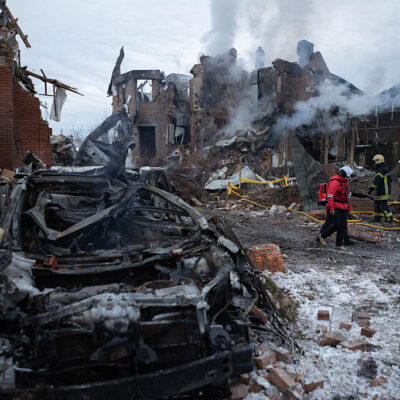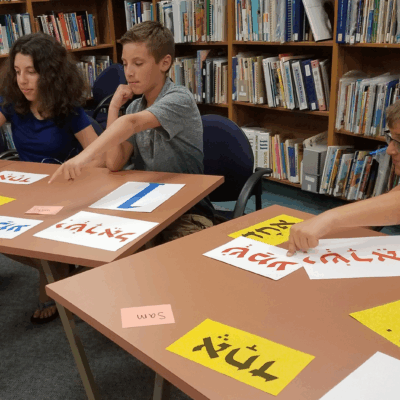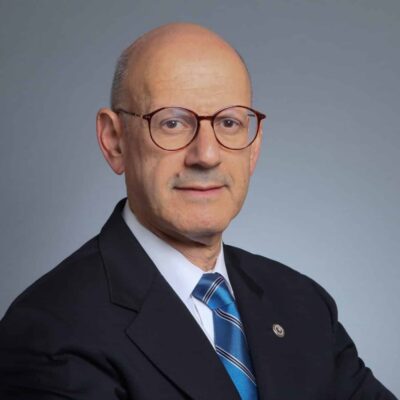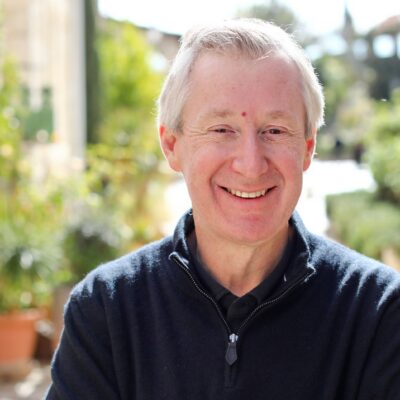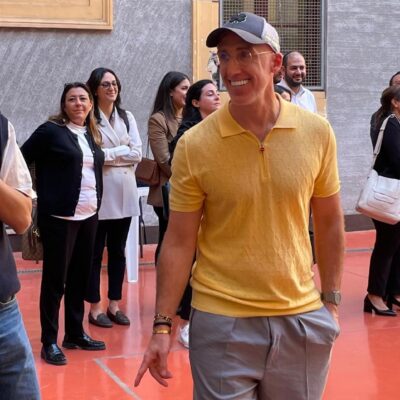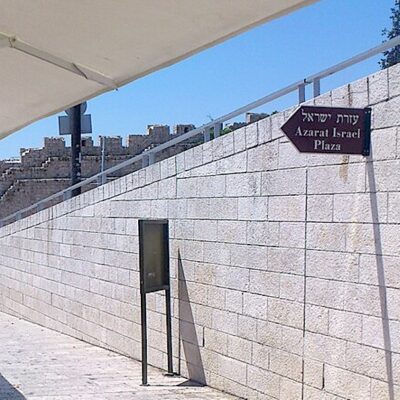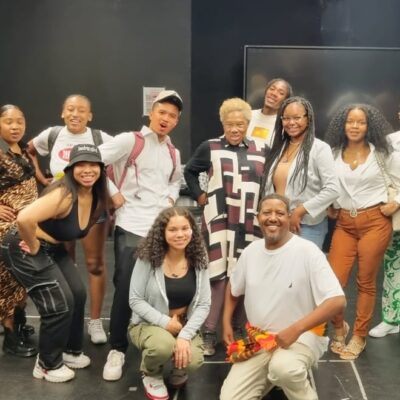When Holocaust Education Becomes Profound For Millennials

By Tamara Rebick
One week before the inauguration, I was asked where I thought the Holocaust fits into Jewish education today. In my professional role, Jewish education is experiential, informal and formal, and is understood to be integral in strengthening one’s Jewish identity and Jewish literacy.
I profoundly struggle with the notion that the Holocaust serves as a benchmark for contemporary Jewish identity. I have witnessed moments where many in my community attribute their strong Jewish identity to the fact that their parent or grandparent is a Holocaust survivor. This is particularly pervasive in Canada and Australia, as these two countries accepted more Jewish refugees after the war than other countries. There are also many who turn to lessons from the Shoah as a catalyst for championing social justice and human rights initiatives. Neither example negates the intense need for Holocaust education, remembrance and commemoration. Nor do I discount the value of each connection. However in the forum of Jewish engagement and lifelong learning, and especially when Jewish learning is a vehicle for identity formation, the influence of the past falls short of defining one’s evolving present.
Perhaps one of the reasons for this is that pedagogically these conclusions reinforce the messages mainly to our own people. The internal recognition and adherence to the uniqueness of the Holocaust as a Jewish experience causes much learning to boomerang back to the Jewish past.
When trying to make Jewish education and Jewish learning relevant today, I revisit the original question: where does the Holocaust fit? For the purposes of understanding how we have arrived at our people’s modern story and also exploring the foundations of collective memory, the Holocaust fits appropriately into Jewish history. However, for the purposes of Jewish identity formation, the Holocaust can best be used as a lens for scoping and proactively helping to guide the world.
If the Jewish people are truly meant to be a light unto the nations – an Or L’Goyim, then the deep lessons of the Holocaust must transcend our people. We are remiss when Holocaust education primarily fuels Jewish memory and Jewish history – or worse, Jewish guilt. I have seen generations of students walk away from intense immersive Holocaust educational experiences confused about how this story of their parents’ past directly relates to their present unfolding story; or worse – they return desensitized, shocked by what humanity is capable of without the appropriate lens for a next step. There must be a stronger connection offered to help our emerging adults and young leadership find relevance and value in taking something tragic from the past, and making their own world better because of what we now know.
Consider one title of many articles currently circulating on Facebook: “Ordinary Humans Carried Out Inhumane Acts for Trump.” The article explores the idea that in the wake of President Trump’s executive order on refugees and immigrants, TSA employees reportedly mistreated the men, women, children and elderly arriving from the banned Muslim countries. The premise of the article considers what happens to “ordinary” men and women, in this case, federal government employees, who in “normal circumstances” likely do not intentionally carry out acts of cruelty like the ones described. The article challenges its readers: “what will we do?” Herein lies a true teachable moment for our students and for our diverse communities.
Holocaust education delves deep into the understanding of perpetrators, bystanders, upstanders and victims. We, as Jews, have a significant historical and unique experience that we have spent years learning from; we have something of value to offer the broader community: insight. While Holocaust education traditionally teaches history, it also can inspire agency. Applying secular and civic insight to today’s circumstances can also pre-emptively forecast predictable patterns of behaviour when part of humanity loses its way.
Secular civics lessons can be informed by what took place during the Holocaust. Survivor testimony can be global in application; lessons about trends in politics and social behaviours as they relate to authoritarianism, xenophobia, fear and ignorance. The Holocaust can move us from learning about it as a historical event of significance to a pedagogic platform for civic responsibility. This pushes Holocaust education past a Jewish commitment to “never again” or even “tikun olam.”
Beyond the pain, horrors and heroism lie fundamental lessons about humanity. When Jewish Millennials apply knowledge from Jewish experience to their interdisciplinary and acculturated lives, they discover a different source of Jewish pride in what they can contribute to their society. This is where Jewish education, using the lessons of the Holocaust unquestionably impacts identity formation.
Transferring lessons from the Holocaust to contemporary and secular circumstances enable Holocaust education to become relevant, and particularly helpful to Millennials who are looking to be change agents. Jewish history alone cannot empower them; but Jewish history as a foundation to agency can. This helps this young and dynamic generation navigate their evolving surroundings without feeling helpless. When experienced in this way, the Holocaust becomes truly relevant to contemporary Jewish learning.
Tamara Rebick is the Vice President – Identity, Education & Experience at Hillel Ontario.

 Add EJP on Google
Add EJP on Google